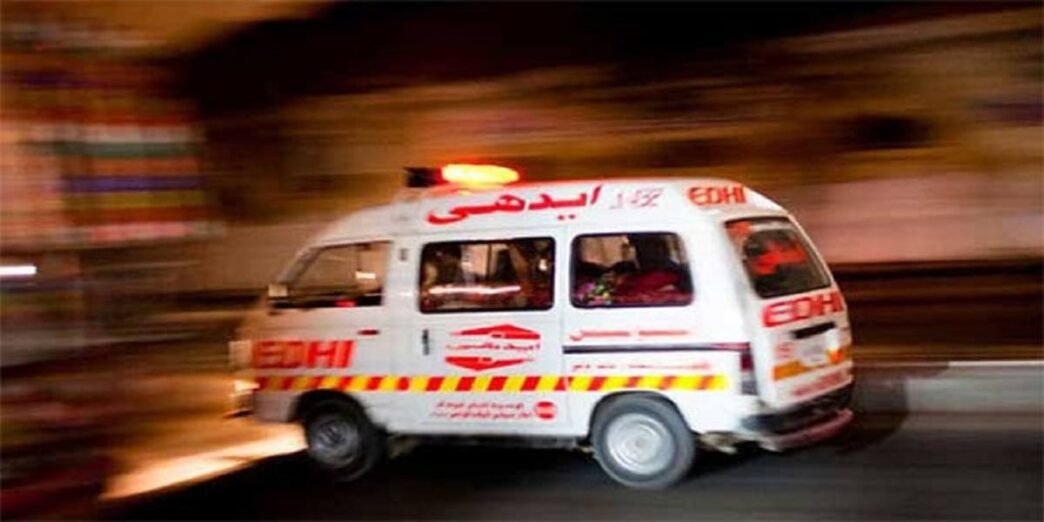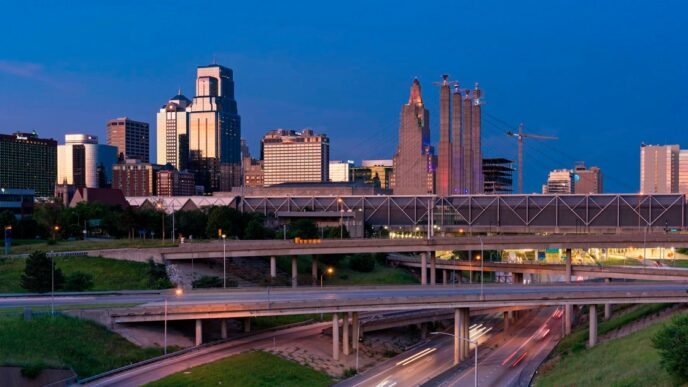Three more lives lost in Karachi road accidents within 24 hours
As heavy vehicle road rage continues unabated, another motorcyclist was killed after being struck by a water tanker in Gulshan-e-Iqbal’s Block 6, according to rescue officials on Monday.
In the past 24 hours, three fatal accidents have occurred across Karachi, with the other two taking place in Korangi, where a motorcyclist was killed by a vehicle and Shah Faisal No 2, where another motorcyclist died after falling.
Heavy vehicle accidents in Karachi continue to claim lives, adding to an already growing list of deadly road incidents. Just recently, three more people died within 24 hours. One of the victims was killed in Baldia Sector 8 after being hit by a speeding water tanker. On the same day, in Baldia’s Naval Colony, a dumper truck crashed into a rickshaw, injuring five people, including two women.
These accidents highlight the ongoing danger posed by heavy vehicles in the city, despite the restrictions placed by the government. Earlier, on April 14, a woman died when a bus hit a motorcycle near Orangi Town No. 5. The police arrested the driver and registered a case.
So far in 2025, over 100 people have died in accidents involving dumpers and other large vehicles. This raises serious concerns about whether the traffic laws and regulations are really working.
In response, Karachi Commissioner Syed Hassan Naqvi has ordered that all heavy vehicles—like dumpers, water tankers, and oil tankers—must now be equipped with cameras and tracking systems. Each vehicle must have three cameras: one in the front, one in the back, and one inside to monitor the driver. The trackers will send data to the DIG Traffic office.
The Sindh government has also placed new rules: heavy vehicles are not allowed to move around during the day and must follow a speed limit of 30 km/h. Dumpers are banned from operating between 10pm and 6am. Transporters have agreed to improve vehicle safety within the next three to six months and provide updates every 10 days.
However, transporters say the May 1 deadline to fully follow these new rules is too soon and are asking for more time. Even with new policies, traffic violations are still common. Last week, traffic police issued over 13,000 challans, filed 88 cases, and impounded several vehicles.
There’s also a new rule banning certain types of rickshaws from using 11 main roads. But many of these rickshaws continue to operate in restricted areas, even in front of police, showing that enforcement is still weak.
According to authorities, fines may be increased from the current Rs2,000 to Rs20,000, and further strategies are under development. However, enforcement is being hindered by issues such as a lack of proper registration, unclear route permits, and the operation of larger seater rickshaws on routes designated for smaller vehicles.
Regarding heavy traffic regulations, enforcement remains weak. While there are fitness certificate requirements, actual licence verification is lacking.
The challenge lies in operational necessity. Stopping essential services like water tankers could disrupt city-wide utilities. As a result, while policies exist, their implementation on the ground remains limited.













